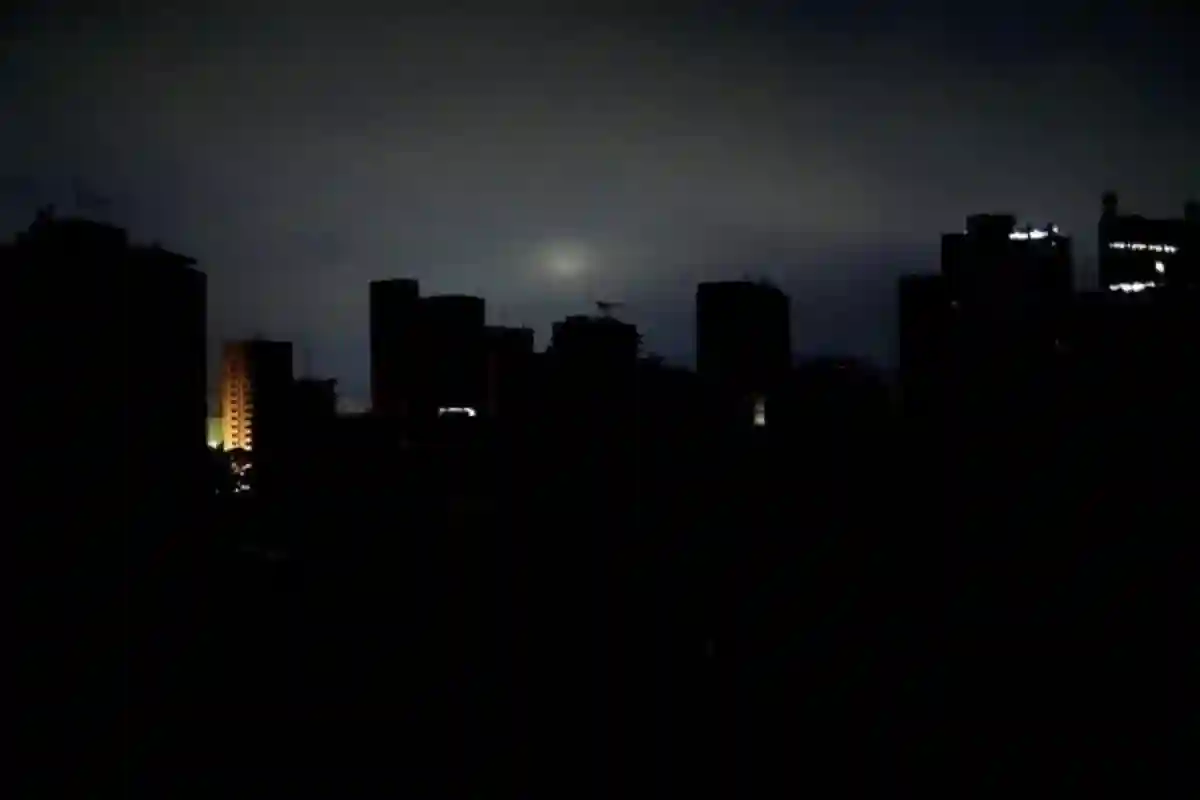The Zimbabwe Electricity Supply Authority (ZESA) has extended load shedding to over 24 hours on some days, following a reduction in electricity generation at its largest power plant, Hwange Thermal Power Station, and its most reliable station, Kariba Hydro Power Plant.
According to Zimbabwe Price Check, many neighborhoods experienced power outages lasting the entire day on Tuesday this week. It said:
If you did not get any power last night in your neighbourhood, you are not alone. Many people in Harare have reported the same issue.
ZESA power was never restored yesterday evening. This means many households are now facing more than 24 hours of load-shedding.
In some areas of the country, including Chitungwiza, electricity was restored just after 10 PM on Thursday, only for residents to be plunged back into darkness less than three hours later.
This week, ZESA confirmed the ongoing power shortage, attributing it to a technical fault at Hwange Power Station and low generation capacity at Kariba Power Station, which is struggling due to low water levels. The power utility said:
ZESA Holdings would like to advise its valued stakeholders that the national power grid is currently experiencing reduced electricity generation capacity due to a technical fault at Hwange Power Station.
This has been further compounded by low generation capacity at Kariba Power Station, resulting from low water levels.
Our technical teams are actively working to resolve the fault at Hwange to minimise the impact on our customers.
On Friday, November 15, ZESA’s power generation unit, the Zimbabwe Power Company (ZPC), reported that Hwange was producing 874 megawatts (MW), Kariba was generating 124.5 MW, and independent power producers were contributing 66 MW.
Despite these figures, many ZESA customers are puzzled by the severity of the load shedding, which seems disproportionate to the daily electricity generation statistics provided by ZPC.
In the past, load shedding was less severe when ZESA’s total generation was under 1,000 MW. This has led the public to question why they are facing 16-hour or longer blackouts now, when ZESA is generating more than half of the country’s electricity needs and also claims to be impoerting power from neighbouring countries.
More: Pindula News

